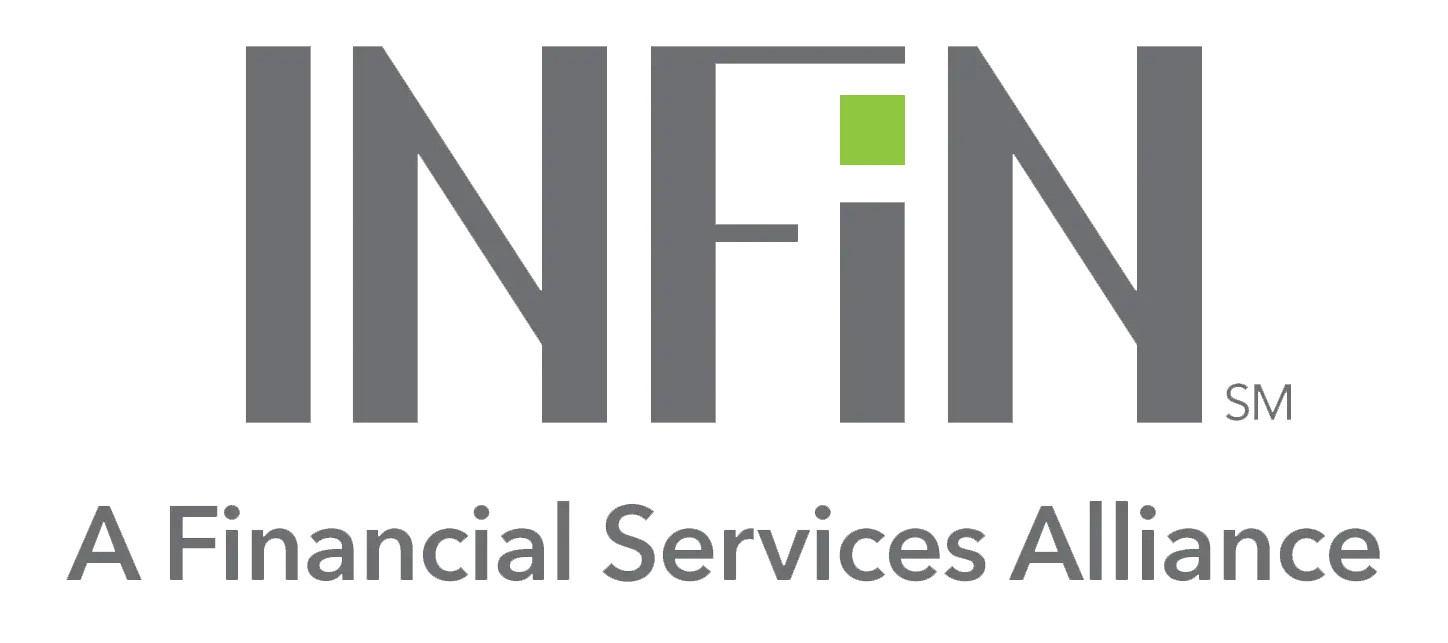What are the Consequences of Loan Default?

Everyone takes out a loan intending to pay it back. Unfortunately, even responsible borrowers are not able to pay due to unforeseen circumstances.
Medical expenses, job loss, and some other emergencies can lead to loan defaults. Loan default happens when you break the agreement with your creditor or lender by discontinuing regular payments. When you default on a loan, your loan is considered unlawful. When you default on a loan, you are not only hurting your credit but also risking lawsuits.
What Does Defaulting on Loan Mean?
In general, many lenders assume that if there is no payment from you for about 180 days, then you do not intend to pay further. The below table represents the time of default for some loan types.
| Loan Type | Average Time of Default |
| Personal loans | 30 days |
| Auto loans | 90 days |
| Mortgage loans | 60 days |
| Private student loans | 90 days |
| Credit cards | 180 days |
| Federal student loans | 270 days |
When you have taken a loan, you should feel responsible about it and know the deadline to be considered a default. Check all the loan terms and conditions, so you can take necessary actions to avoid defaulting on the loan.
Legal Consequences You Need to Face When You Default on a Loan
One of the factors that affect your credit score is if you default on your loan. If your due date has crossed, then it is likely that your scores will go down.
A ‘default’ remark remains on your credit report for up to seven years and can make it difficult for you to qualify for any other loans. A default on your credit report can also affect the cost and availability of credit.
Some consequences of loan default are:
-
For personal loans and credit cards –
When you default on these types of, you may be taken to court. This will go on your record and affect your credit score. -
For federal student loans –
You may be taken to court. You will not receive any future loan payout, and it will be difficult to qualify for future loans. -
For mortgages –
The lender may seize the home and take ownership of the property. -
For auto loans –
The car can be reclaimed and sold at auction, and the remaining debt to repay is still your responsibility.
One thing is for sure, a default of any form will affect your credit score and your ability to take out a loan in the future.
How to Avoid a Loan Default?
For student loans, there are certain programs like loan rehabilitation and loan consolidation that may help you come out of default.
Rehabilitating a student loan is when you make a certain number of consecutive payments on the loan. This can be a way to remove the record of default. Typically you are asked to make nine consecutive payments, but it can vary based on the agreement you have with the lender.
Loan consolidation allows you to combine all of your different types of debt into one monthly payment. When you combine your different types of debt, you will pay less interest overall. These programs exist as a way for creditors to regain their losses while making it easier on the borrower.
In the end, it’s important to make sure you are not borrowing more than what you can pay back.
If you are strapped for cash and need money quickly, you can check out a line of credit with Advance Financial. Get approved for up to $4000 and get the cash you need as soon as the same day. *
*Bank participation required.




